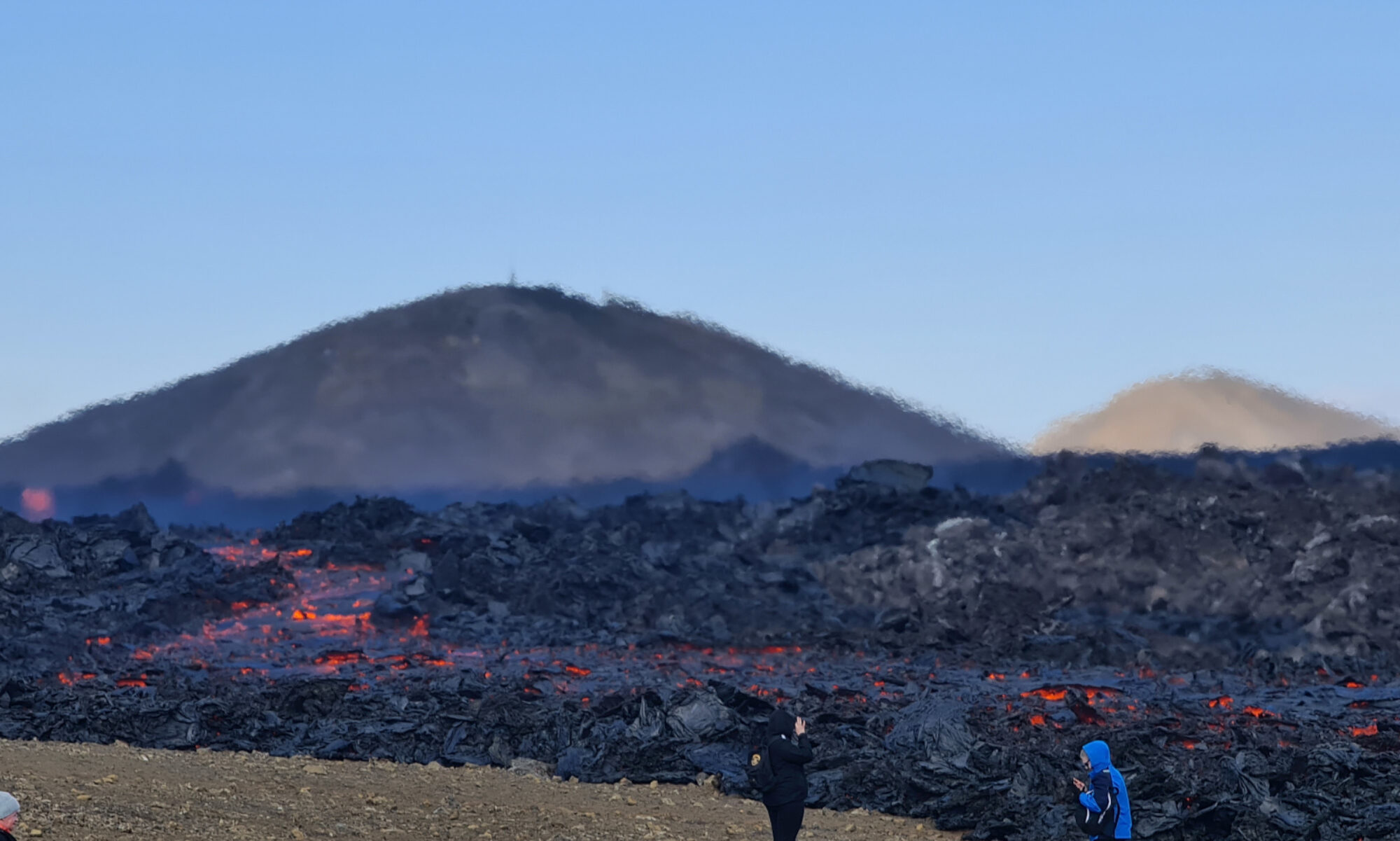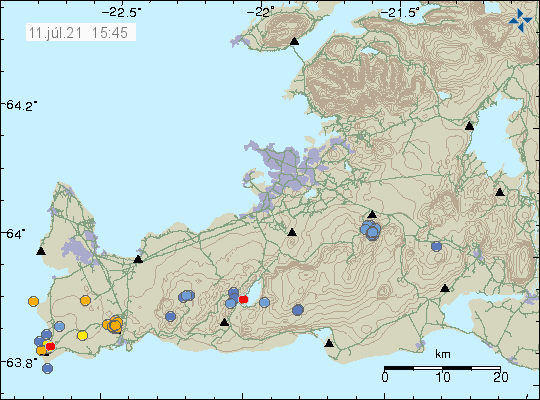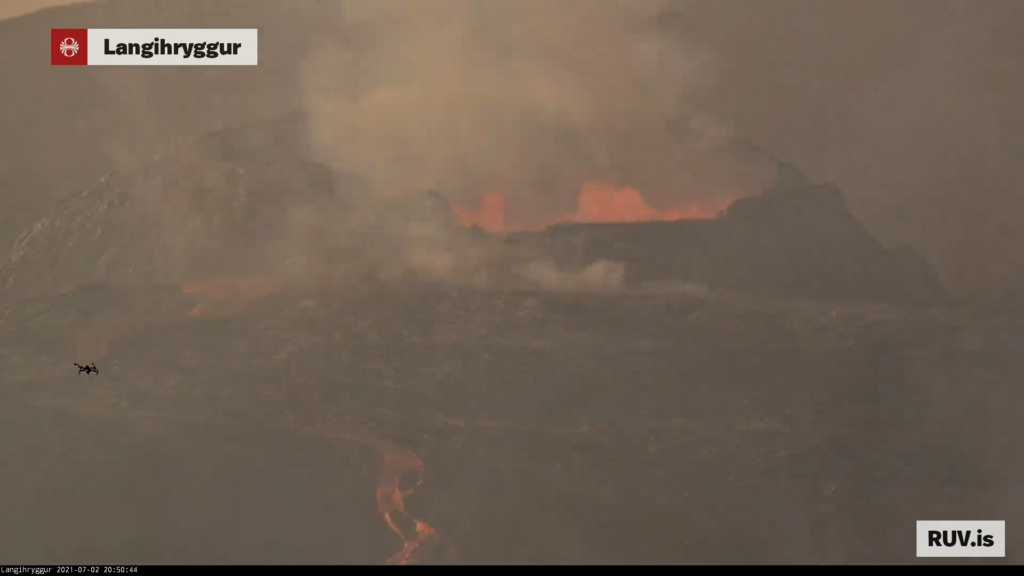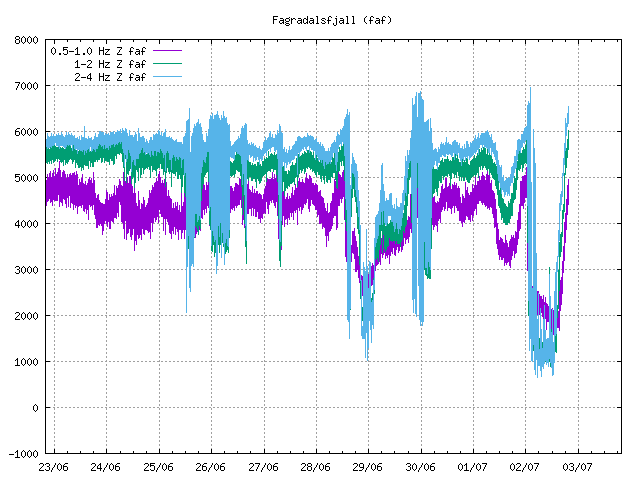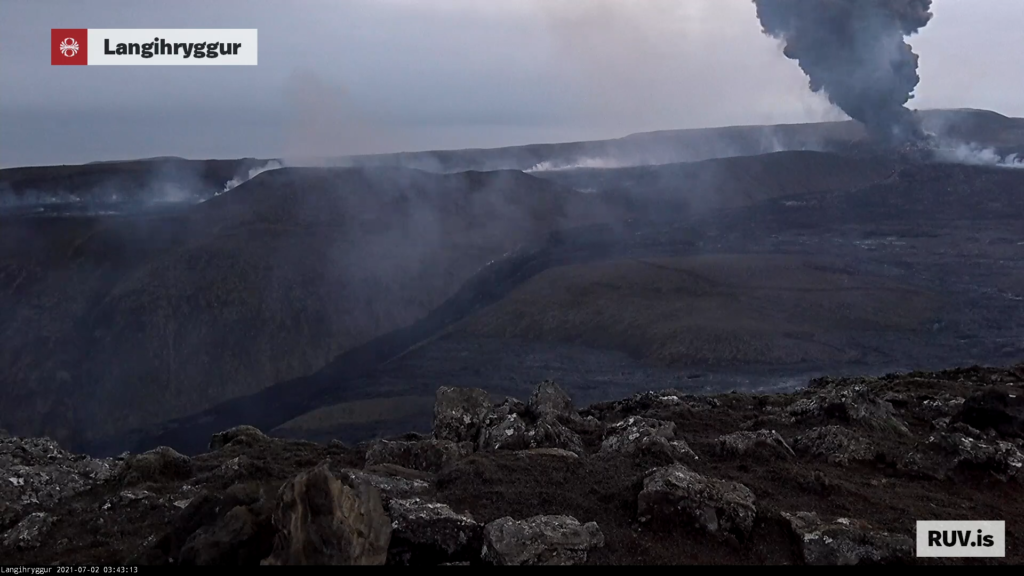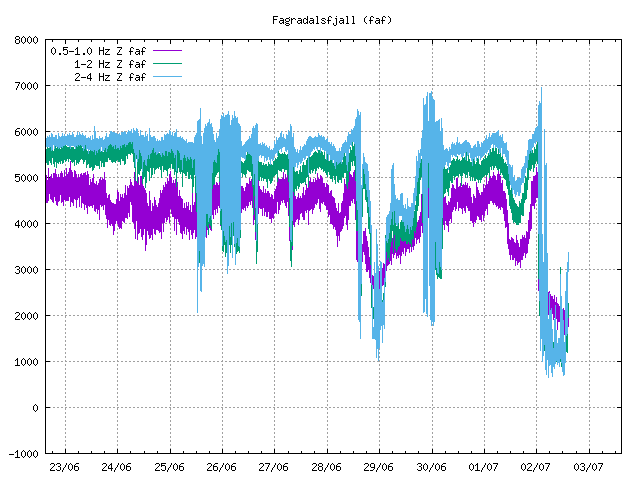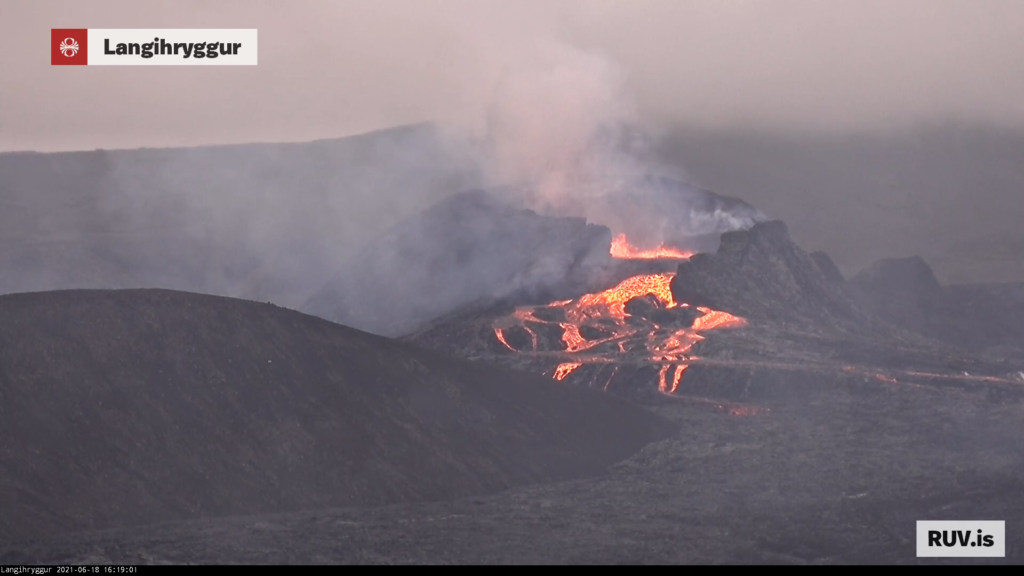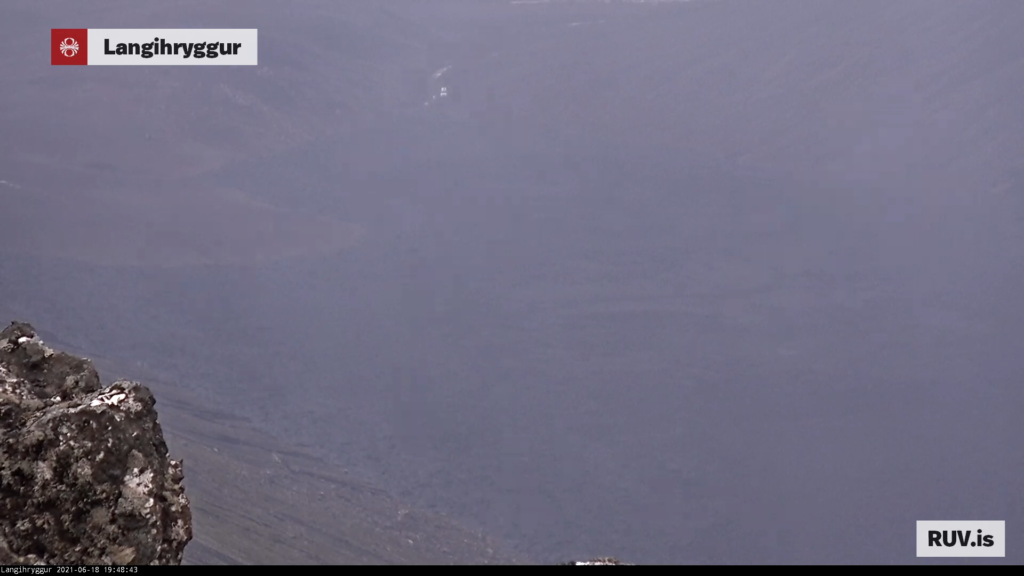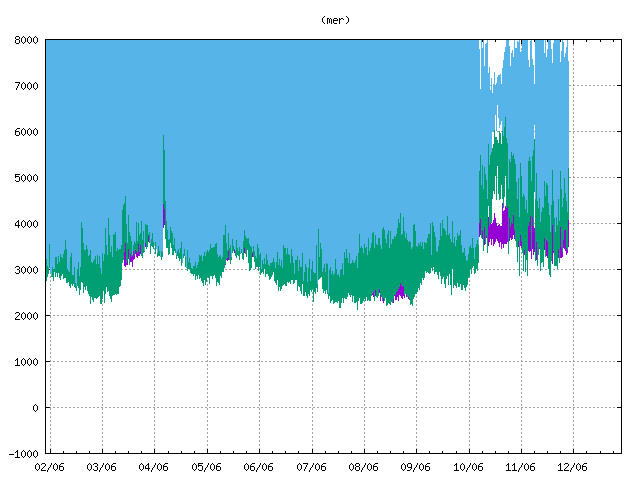This is going to be shortest update to the eruption in Fagradalsfjall mountain that is part of Krýsuvík-Trölladyngja volcano system.
- Since 9th July the eruption has been unstable. Between 10th July and 15th of July the eruption continued as before with pulsing activity.
- On 15th of July at 05:00 the eruption stopped and it didn’t start again until around 10:00 on 16th of July.
- At the writing of this article it seems that the eruption has stopped again based on the harmonic tremor.
- The lava flows is down in Meradalir when the lava flow happens. At current rate it is going to take 1 to 4 weeks until Merdalir overflows with lava into next valley.
- The east side of the crater has collapsed and that allows the lava flow direct flow down into Meradalir.
It is unclear why the eruption stops and starts again. One of my ideas is that the deep feeder system of the eruption is now empty and needs time to refill. The eruption stops when the feeder system is empty. The more empty it is the longer the eruption stops since it takes more time for the magma to fill up the magma chamber that seems to be there at 20km depth or more. How long this is going to go on I don’t know but I don’t think this can go on for many months or years. Current crater is at one point going to seal it self and the eruption is going to stop because of that.
